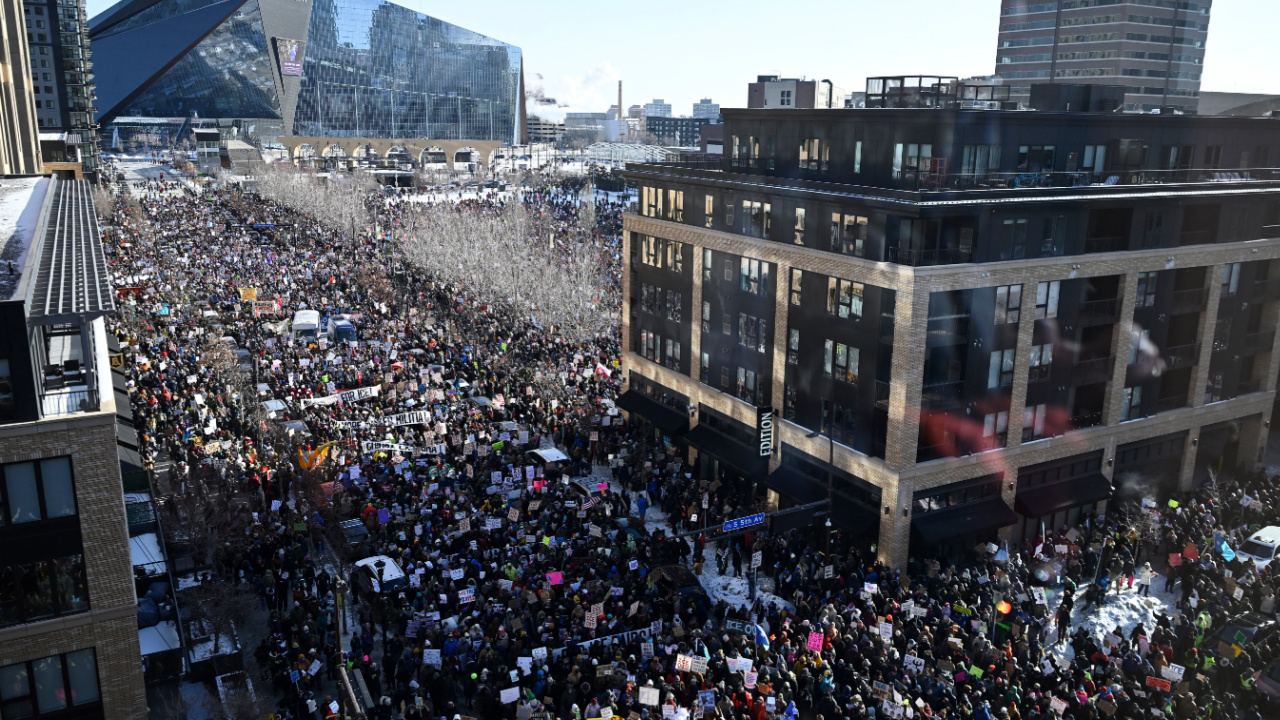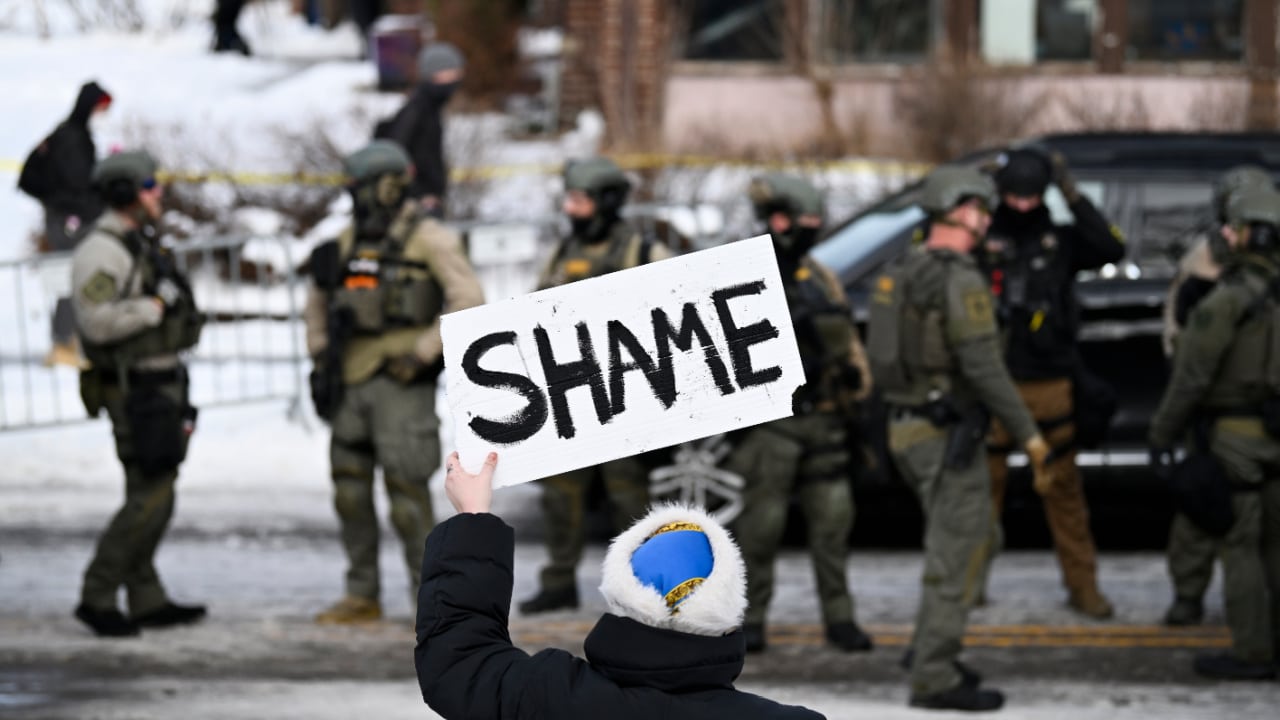New York City Will Try to Answer Mental Health Calls With Crisis Workers Instead of Police Officers
Photo by Kevin C. Cox/Getty Images
It looks like New York City is taking a much-needed step forward in the area of police reform. Last Tuesday, New York City Mayor Bill DeBlasio and his wife, Chirlane McCray, announced a brand new pilot program in which mental health crisis workers, instead of police, will be dispatched in response to non-violent mental health calls.
“For the first time in our city’s history, health responders will be the default responders for a person in crisis, making sure those struggling with mental illness receive the help they need,” said Mayor Bill de Blasio in a statement.
According to CNN, New York City received over 170,000 mental health-related calls in 2019.
That is roughly one call every three minutes. Police officers respond to every one of those calls–regardless if there is a threat of violence.
DeBlasio’s statement explained that police officers would accompany mental health workers if there was any threat of violence. The program, which is set to begin in February, will be tested out in two unidentified “high-need” neighborhoods.
The pilot program is in response to near-universal calls for police reform that raised to a fever pitch in the wake of George Floyd’s death at the hands of police.
Advocates of police reform argue that American police are over-militarized and tend to escalate conflict instead of de-escalating. This can be particularly frustrating in the cases of people with mental health problems, who often need a doctor more than they need a police officer.
“Treating mental-health crises as mental-health challenges and not public safety ones is the modern and more appropriate approach,” wrote McCray in a press release. “That is because most individuals with psychiatric concerns are much more likely to be victims or harm themselves than others.’’
Ideally, a program like this will encourage families to no longer be afraid of calling emergency services if a loved one is having a mental health crisis. No one should be afraid of losing their life when they call 911 for help.
The general response to this new experiment was that of both optimism and skepticism.
One former police officer told CNN that the program had promise, but he was worried for situations when a mentally ill person “turns on a dime” and becomes violent with little provocation.
This person pointed out that mental health pros have better training at de-escalating situations.
Unfortunately, police officers don’t have the robust training in handling mentally ill people as social workers and crisis workers do.
This person is glad that the police will still be an option if back-up is needed:
We’ve heard one too many stories about disabled or mentally ill children and/or adults being violently dealt with by police officers. This program sounds like it could be a stepping stone.
This person made an interesting point about “defunding the police” vs “funding social services”
Sometimes, something as simple as changing semantics can make all the difference. We should be re-routing funds to make people safer, not to further militarize the police.




